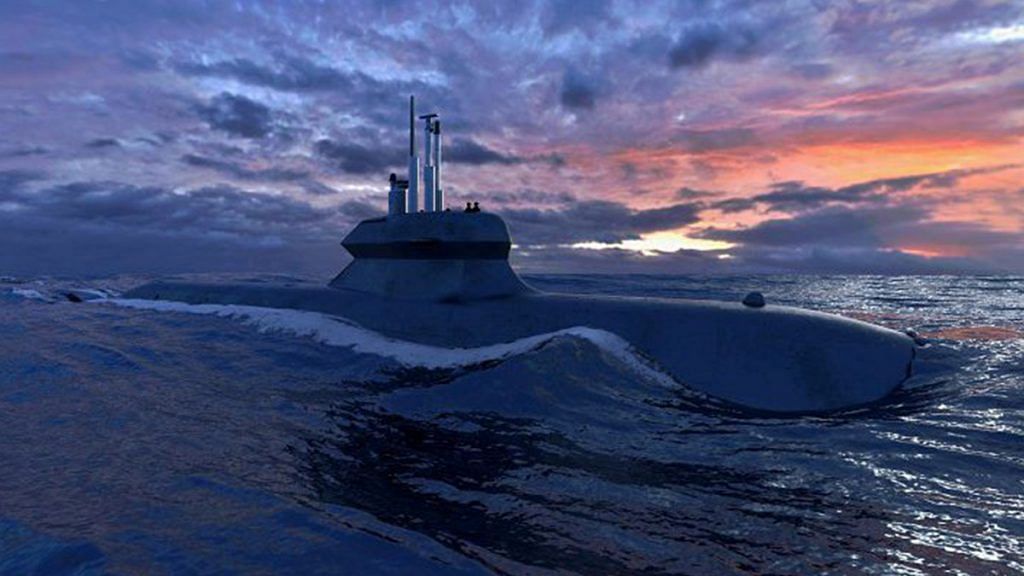New Delhi: In what could be yet another setback to the ambitious strategic partnership (SP) initiative for building six conventional submarines, a second foreign firm is considering the possibility of pulling out of Project 75 India (P-75I) after Swedish firm SAAB.
While the company had responded to the defence ministry’s Expression of Interest (EOI) earlier, sources in the firm have told ThePrint that it has found the project “completely complicated”.
“We will have to wait and see how things evolve. It has been going on for 10 years,” a top executive, who did not want to be named, said.
When asked if the firm has decided to exit the project, the executive only reiterated: “At this stage, we are waiting to see how it will evolve”.
Sources also said German Chancellor Angela Merkel is expected to push the submarine project and flag concerns during her visit to the country Friday.
Under the P75I initiative, the six conventional submarines will be equipped with Air Independent Propulsion Systems (AIP). South Korean firm Daewoo Shipbuilding and Marine Engineering, Naval Group (France), TKMS (Germany), Rosoboronexport (Russia) and Navantia (Spain) have also been extended invitations to place technical bids for the contract.
All foreign firms have flagged concerns
Defence major SAAB withdrew from the project last month, saying there has to be a rethinking on the government’s policy.
“It is a decision we have made due to the customers’ requirements regarding the time schedule and requirements related to the SP policy with its unbalance between our possibilities to have control and our obligations and liabilities,” Ola Rignell, chairman and managing director of SAAB India, had said in an interview to ThePrint.
Defence sources further said all foreign Original Equipment Manufacturers (OEMs) have flagged concerns about the strategic partnership. Under the SP policy, an Indian vendor will hold 51 per cent stake in the project, thus taking away control of the special purpose vehicle (SPV) that is to be formed with the foreign OEM.
The OEMs have argued that the policy makes them liable for any malfunction. They cannot guarantee quality products and also abide by the timelines as sought by the government.
Also read: Army, Air Force & Navy studying each other’s laws to bring into effect Joint Services Act
